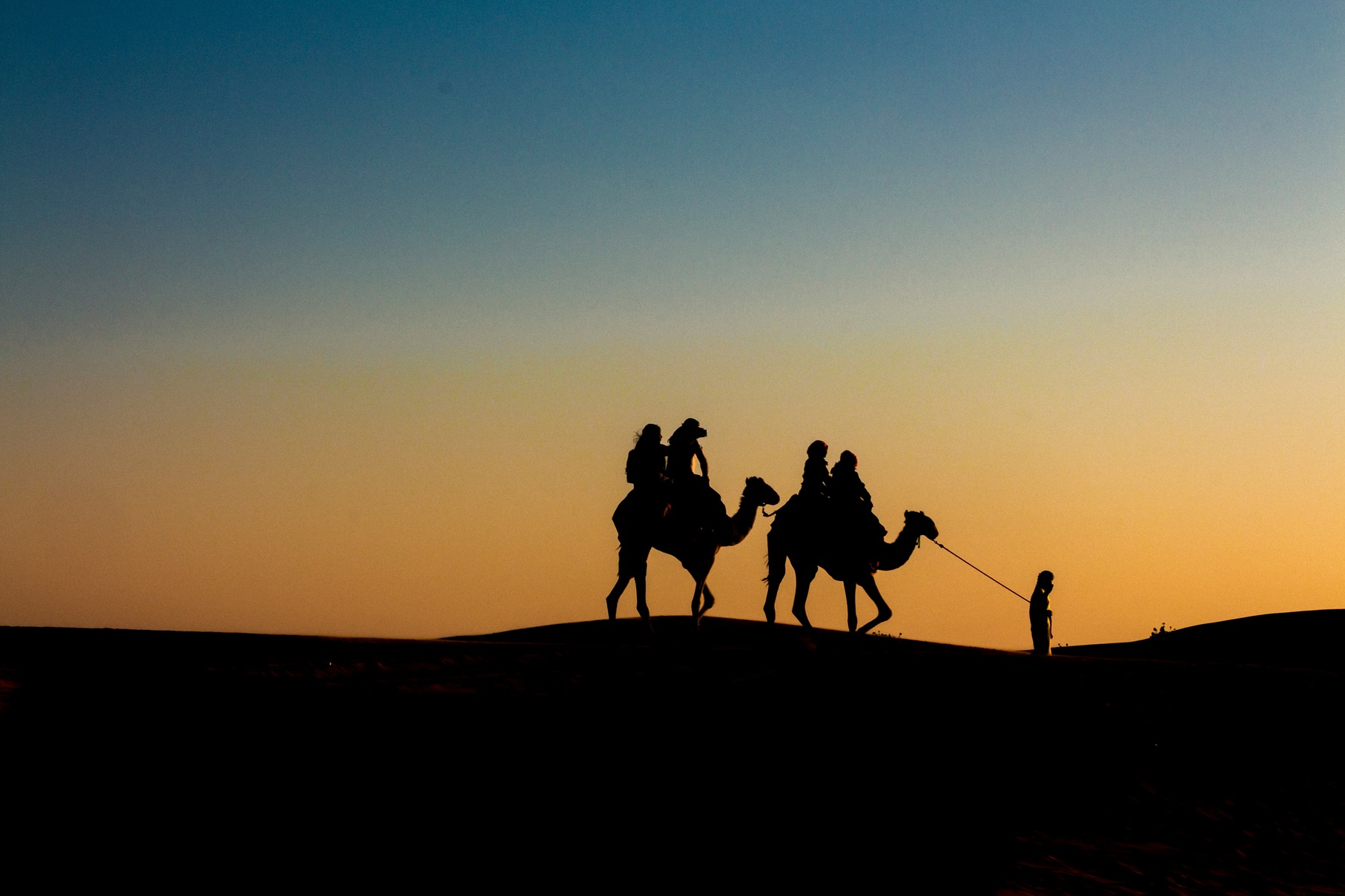Dates hold a special place in Middle Eastern cuisine, revered not only for their sweetness and nutritional benefits but also for their cultural and historical significance. Integral to the culinary traditions of the region, dates are used in a variety of dishes, from appetizers to desserts, showcasing their versatility and the deep connection between the fruit and the Middle Eastern way of life. Let’s explore the various roles dates play in Middle Eastern cuisine.
Traditional Use and Cultural Significance
Dates have been a staple food in the Middle East for thousands of years. Their role extends beyond mere sustenance; they are a symbol of hospitality, often served to guests as a sign of welcome and respect. In Islamic culture, dates hold religious significance as well, especially during the holy month of Ramadan when they are traditionally eaten to break the fast, following the practice of the Prophet Muhammad.
Key Roles of Dates in Middle Eastern Cuisine
- Sweet and Savory Dishes:
- Ma’amoul: These are traditional date-filled cookies often enjoyed during festive occasions like Eid. The dates are usually mixed with spices such as cinnamon or cardamom to enhance their flavor.
- Stuffed Dates: Dates are often stuffed with a variety of fillings such as almonds, walnuts, or cheese. These make for delightful appetizers or snacks.
- Tagine: In Moroccan cuisine, dates are added to savory dishes like lamb or chicken tagine, where they provide a natural sweetness that complements the savory spices.
- Natural Sweeteners:
- Date Syrup: Known as “dibs” or “silan,” date syrup is a natural sweetener made from concentrated date juice. It is used to sweeten desserts, drizzled over pancakes, or mixed into drinks.
- Baking: Dates are often used as a natural sweetener in baking, replacing refined sugars in cakes, breads, and pastries.
- Nutrient-Rich Ingredients:
- Energy Bars: Dates are a key ingredient in many Middle Eastern-style energy bars and snacks, providing a quick and healthy energy boost.
- Smoothies: Blended with milk, yogurt, and other fruits, dates add natural sweetness and a rich, creamy texture to smoothies.
- Festive and Religious Occasions:
- Ramadan and Eid: During Ramadan, dates are the first food eaten to break the fast at Iftar. They are also a significant part of the celebrations during Eid, where they are shared and gifted among family and friends.
- Religious Offerings: Dates are often used in religious offerings and rituals, symbolizing abundance and blessings.
Popular Date-Based Dishes
- Meghli: A traditional Lebanese dessert made to celebrate the birth of a child, it consists of rice pudding spiced with anise, caraway, and cinnamon, topped with a mixture of nuts and shredded coconut, and sweetened with date syrup.
- Qatayef: These are stuffed pancakes that are particularly popular during Ramadan. They can be filled with a variety of fillings, including a sweet date and nut mixture.
- Harira: A hearty Moroccan soup enjoyed during Ramadan to break the fast, often includes dates on the side to provide a sweet contrast to the savory flavors.
Health Benefits
In addition to their culinary versatility, dates are prized for their health benefits. They are rich in essential nutrients, including fiber, potassium, magnesium, and antioxidants. These nutrients contribute to overall health, supporting digestive health, heart health, and providing an energy boost, which is particularly beneficial during fasting periods.
Conclusion
Dates are an indispensable part of Middle Eastern cuisine, deeply embedded in the culinary and cultural fabric of the region. From sweet treats and savory dishes to religious traditions and daily snacks, dates offer a rich array of flavors and health benefits. Their versatility and significance make them a cherished fruit in Middle Eastern households, celebrated and enjoyed in myriad ways.

Recent Comments